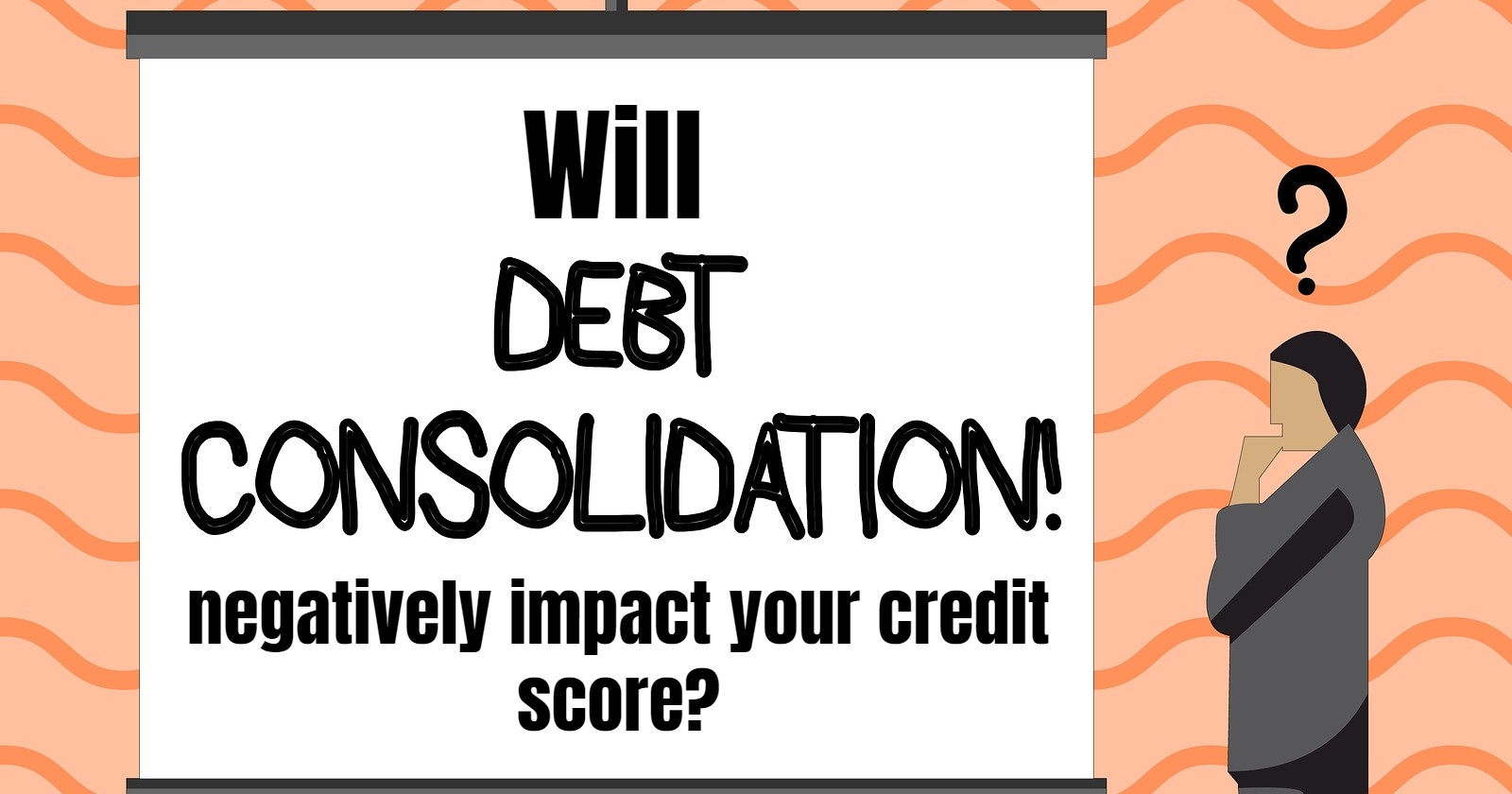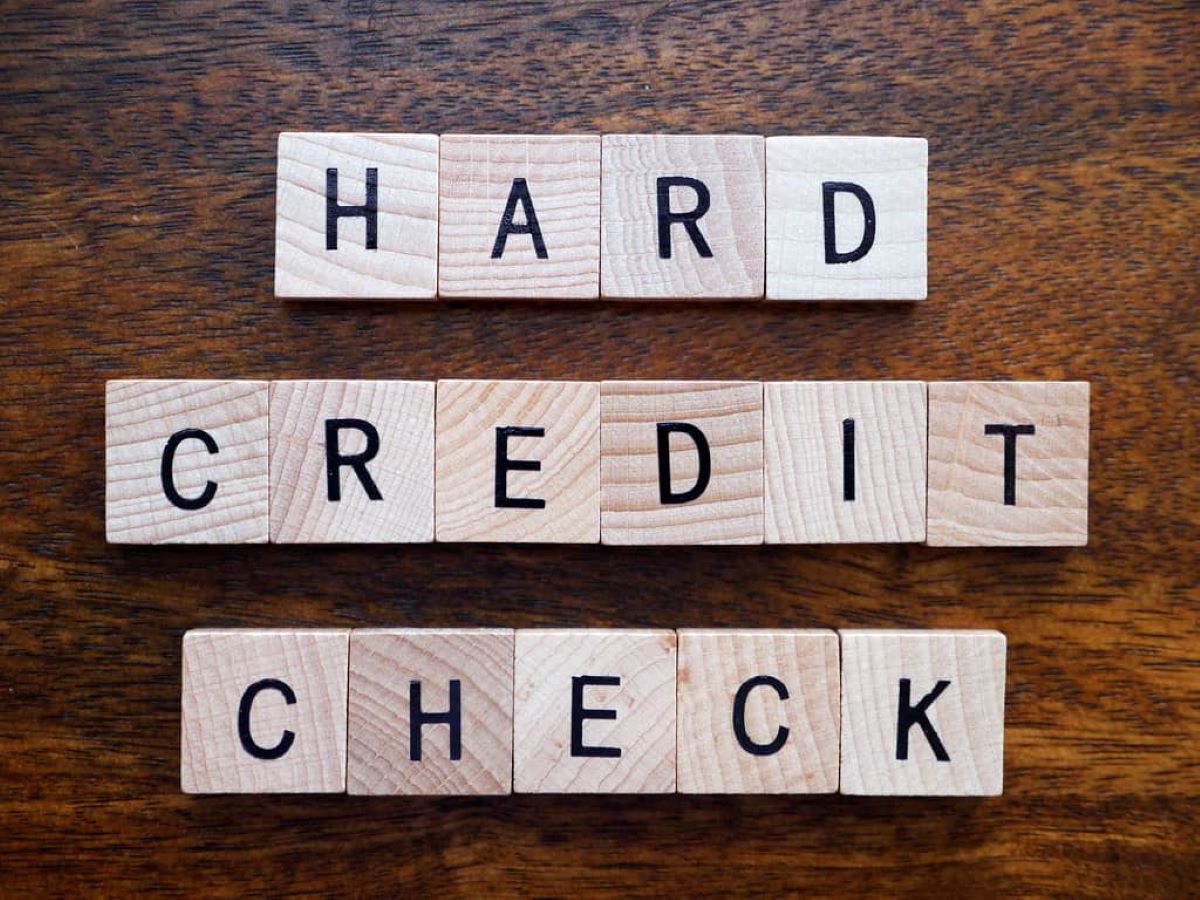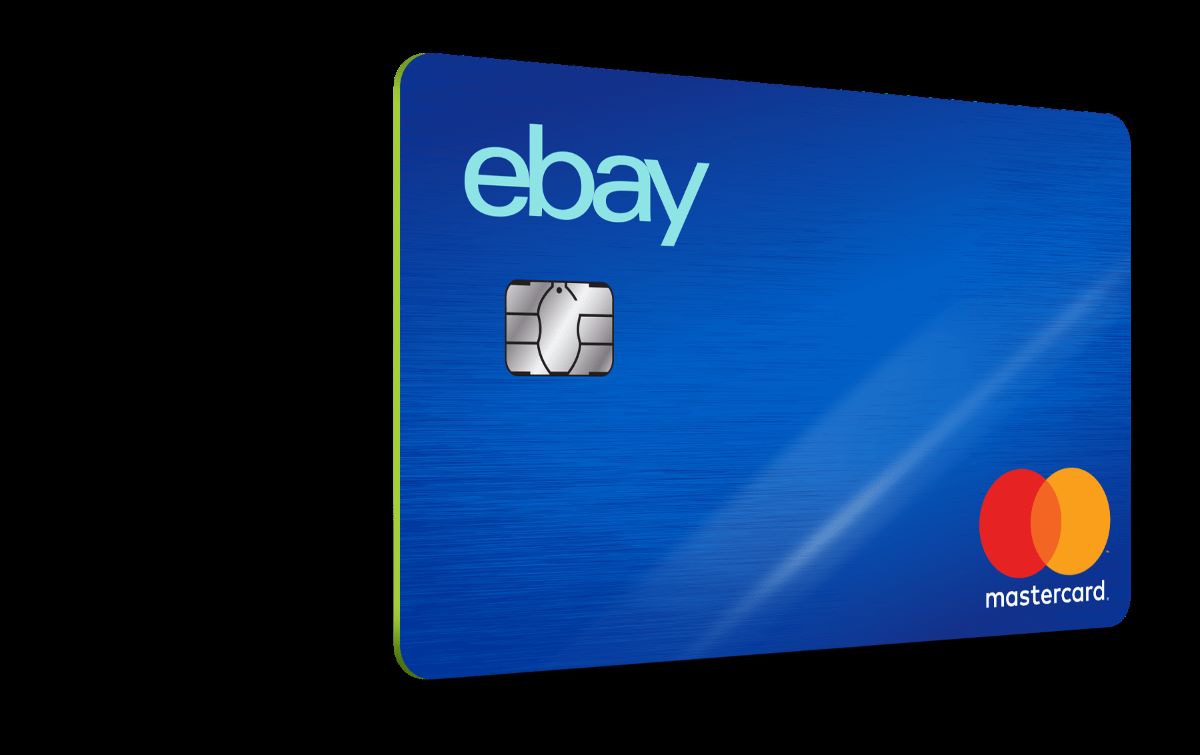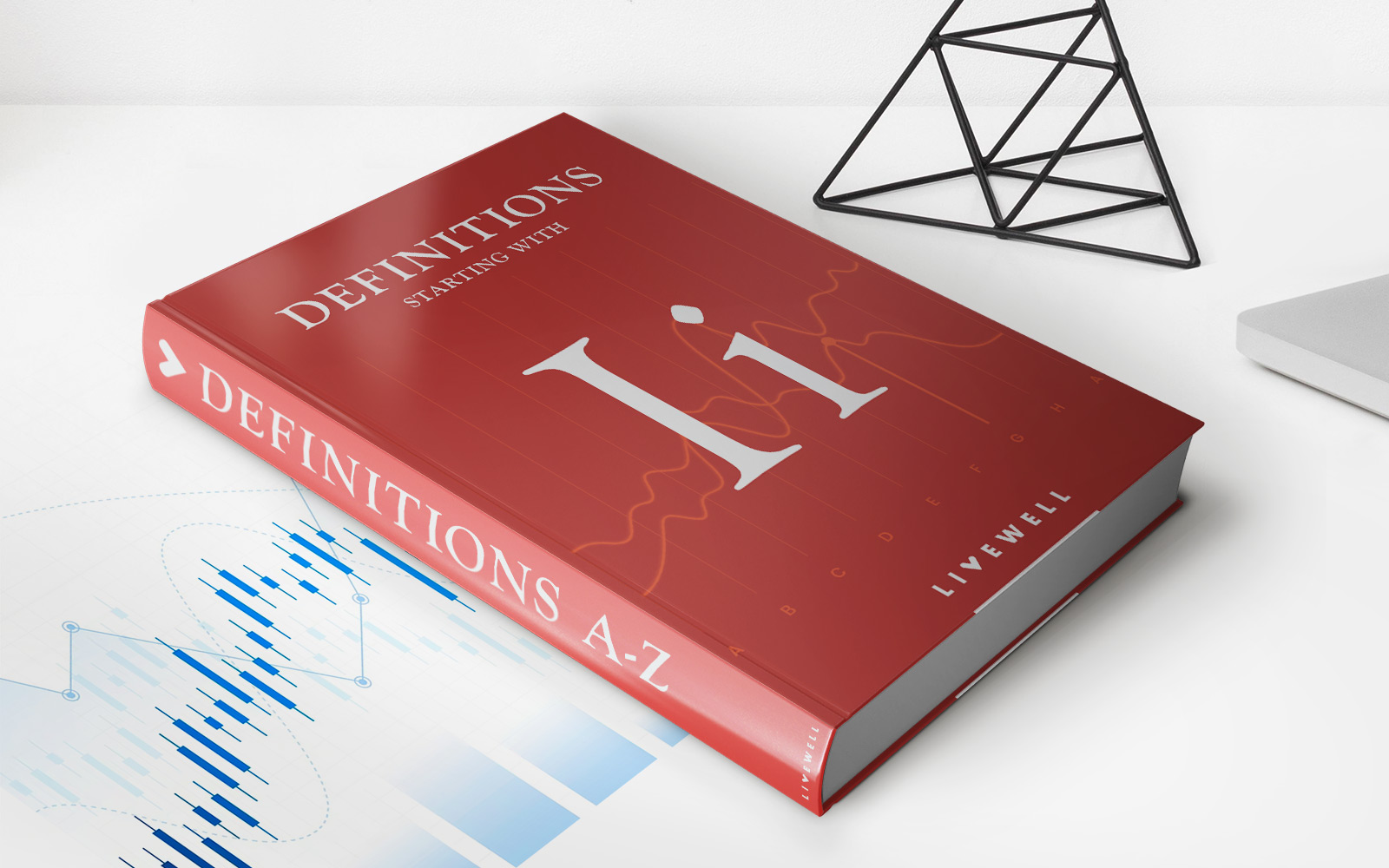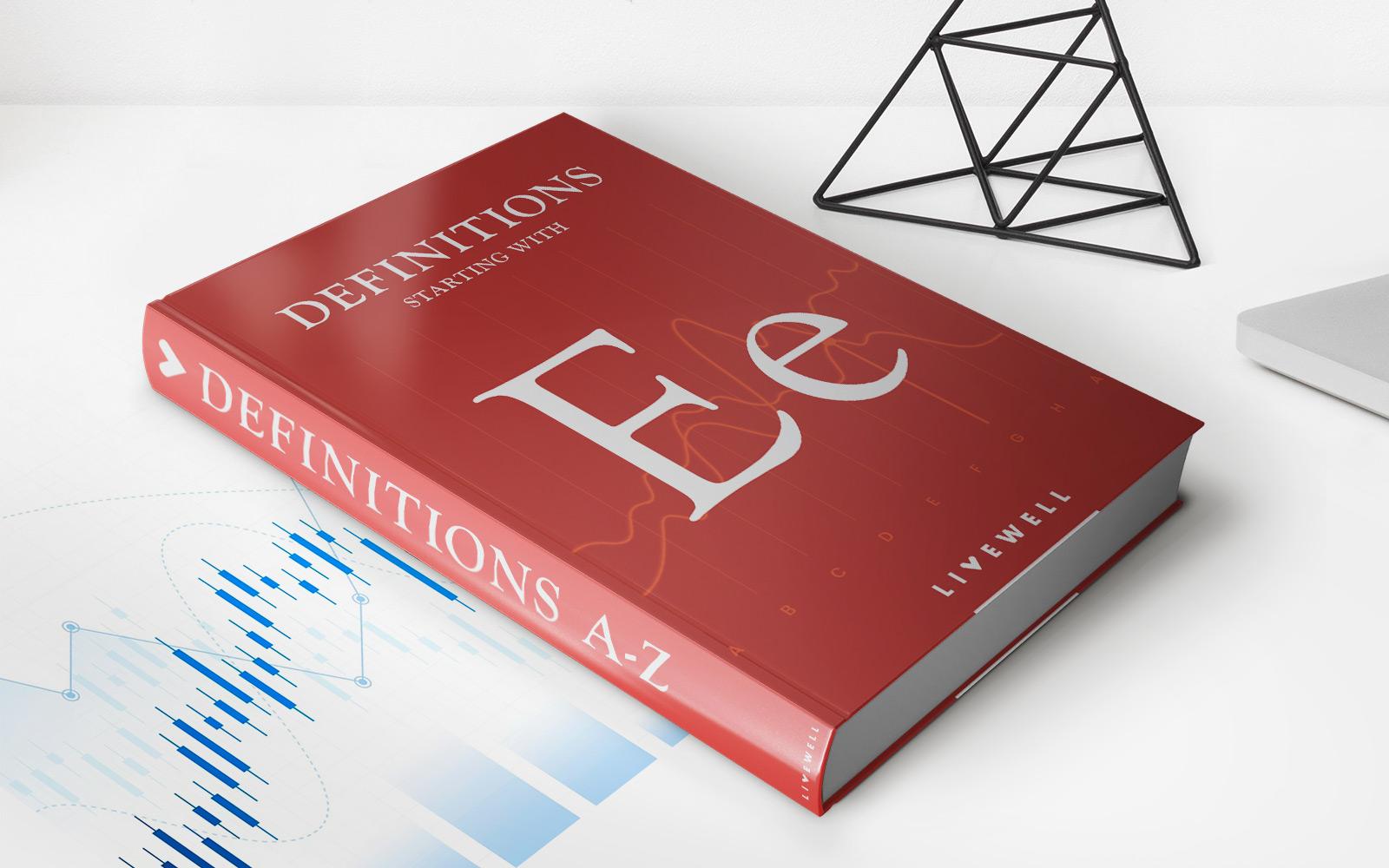Home>Finance>How Much Does Debt Consolidation Affect Credit Score
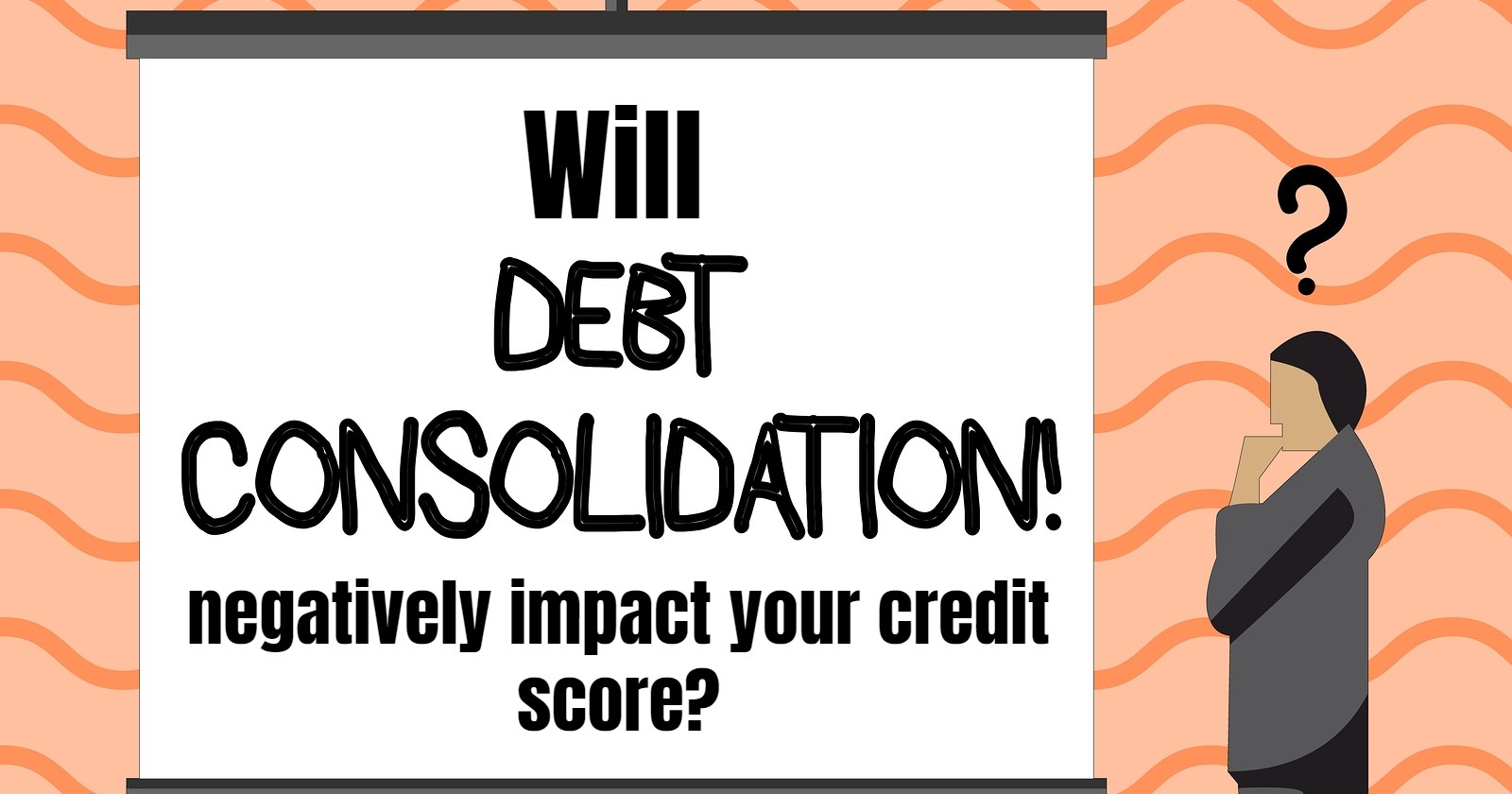

Finance
How Much Does Debt Consolidation Affect Credit Score
Published: October 23, 2023
Learn how debt consolidation can impact your credit score and manage your finances. Find out the effects of consolidating debt on your credit.
(Many of the links in this article redirect to a specific reviewed product. Your purchase of these products through affiliate links helps to generate commission for LiveWell, at no extra cost. Learn more)
Table of Contents
Introduction
Debt consolidation is a financial strategy that many individuals turn to when they find themselves overwhelmed with multiple debts. It involves combining all of your debts into a single loan or payment, usually with lower interest rates and more manageable terms. The primary goal is to simplify your finances, reduce your monthly payment obligations, and potentially save money in the long run.
While debt consolidation can be an attractive option for those struggling to keep up with their payments, it is essential to understand its potential impact on your credit score. Your credit score is a numerical representation of your creditworthiness and plays a crucial role when it comes to securing future loans or obtaining favorable interest rates.
In this article, we will delve into the world of debt consolidation and explore how it can affect your credit score. We will discuss the factors to consider before consolidating your debts, the pros and cons of debt consolidation on your credit score, and provide some tips to minimize any negative effects.
It is important to note that while debt consolidation can help with debt management, it is not a magical solution that automatically improves your credit score. Understanding the potential impact and taking appropriate measures is vital to ensure that debt consolidation works in your favor without causing any unintended consequences on your creditworthiness.
Whether you are considering debt consolidation or simply curious about how it affects credit scores, this article will provide you with valuable insights and guidance to make informed financial decisions.
What is Debt Consolidation?
Debt consolidation is a financial strategy that involves combining multiple debts into a single loan or payment. It aims to simplify your debt repayment process by streamlining your debts into one manageable monthly payment. Rather than dealing with multiple creditors and varying interest rates, debt consolidation allows you to focus on one loan with a potentially lower interest rate.
There are various methods of debt consolidation, including taking out a personal loan, using a balance transfer credit card, or utilizing a debt consolidation program offered by credit counseling agencies. The specific method you choose will depend on factors such as your credit score, the amount of debt you have, and your overall financial situation.
When you consolidate your debts, the funds obtained from the new loan or credit facility are used to repay your existing debts. This results in a single, consolidated debt with a structured repayment plan. By doing so, you may be able to reduce your overall interest rates and lower your monthly payment obligations.
Debt consolidation can be particularly beneficial if you have multiple high-interest debts, such as credit cards or personal loans. By consolidating these debts into one with a lower interest rate, you may be able to save money in the long run and simplify your financial management.
It is important to note that debt consolidation does not eliminate your debt. It simply restructures your debt by combining it into one loan or payment. You will still be required to make regular payments to repay the consolidated debt. However, by managing your debts more effectively, you may have a better chance of becoming debt-free.
When considering debt consolidation, it is important to carefully assess your financial situation and weigh the pros and cons. While it can be a helpful strategy for some, it may not be the best solution for everyone. It is crucial to understand the potential impact on your credit score and take necessary steps to minimize any negative effects.
How Does Debt Consolidation Work?
Debt consolidation works by combining multiple debts into a single loan or payment, making it easier to manage your finances and potentially saving you money in the process. Here is a step-by-step breakdown of how debt consolidation typically works:
- Evaluate Your Current Debts: Begin by assessing your current debts, including credit card balances, personal loans, and other outstanding loans. Take note of the interest rates, monthly payments, and terms of each debt to determine the total amount you owe.
- Explore Consolidation Options: Research and explore different debt consolidation options available to you. This may include personal loans, balance transfer credit cards, or debt consolidation programs offered by credit counseling agencies. Compare the interest rates, fees, and terms of each option to find the most suitable one for your needs.
- Apply for a Consolidation Loan or Credit Facility: Once you have chosen a debt consolidation option, apply for a consolidation loan or credit facility. Provide all necessary documentation and meet the eligibility criteria to secure the loan.
- Use the Consolidation Funds to Repay Existing Debts: Once you receive the funds from the consolidation loan, use them to pay off your existing debts in full. This will result in a single consolidated debt, leaving you with only one payment obligation.
- Make Regular Payments on the Consolidated Debt: Going forward, make timely and regular payments on the consolidated debt as per the terms and conditions of the new loan or credit facility. This will help you gradually reduce your debt and improve your financial situation over time.
It is important to note that debt consolidation is not a one-size-fits-all solution. The specifics of how debt consolidation works can vary depending on the method you choose and your unique financial circumstances. Personal loans typically involve borrowing a lump sum of money to repay your debts, whereas balance transfer credit cards allow you to transfer your existing credit card balances to a new card with a lower interest rate.
Debt consolidation programs offered by credit counseling agencies involve working with a counselor who negotiates with your creditors to reduce interest rates and create a repayment plan. They may also facilitate direct payments to the creditors on your behalf.
Before opting for debt consolidation, carefully consider the terms, fees, and potential impact on your credit score. It is advisable to seek professional advice from a financial advisor or an accredited credit counseling agency to determine the best course of action based on your specific financial situation.
The Impact of Debt Consolidation on Credit Score
Debt consolidation can have both positive and negative impacts on your credit score. Understanding these potential effects is crucial when considering debt consolidation as a financial strategy. Here are the key ways in which debt consolidation can affect your credit score:
1. Potential Improvement: Debt consolidation has the potential to improve your credit score in the long run. By consolidating your debts into one loan or payment and making regular, timely payments, you demonstrate responsible financial behavior, which is a positive factor in credit scoring models.
2. Temporary Dip: Initially, debt consolidation may cause a temporary dip in your credit score. When you consolidate your debts, it may result in a new credit account being opened or a significant increase in your credit utilization ratio. These factors can have a slight negative impact on your credit score. However, as you make consistent payments and reduce your debt over time, your credit score should begin to recover.
3. Debt Reduction and Payment History: Debt consolidation can positively impact your credit score by reducing your overall debt and improving your payment history. By successfully repaying your consolidated debt, you demonstrate your ability to manage your financial obligations, which can boost your credit score.
4. Credit Utilization Ratio: Debt consolidation can also improve your credit utilization ratio, which is the amount of credit you are using compared to your total available credit. By consolidating your debts, you may lower your credit utilization ratio, which is a positive factor in credit scoring models.
5. Closing Accounts: When consolidating your debts, you may choose to close some of your existing credit accounts. While this may simplify your finances, it can also impact your credit score. Closing accounts can reduce your available credit, potentially increasing your credit utilization ratio and lowering your credit score. However, if managed responsibly, this impact can be minimized.
6. Potential for New Credit Inquiries: In some cases, debt consolidation may involve applying for a new consolidation loan or credit facility. Each new application typically results in a hard inquiry on your credit report, which can temporarily lower your credit score. However, this impact is usually minimal and fades over time.
It is important to remember that the impact of debt consolidation on your credit score will vary depending on your individual circumstances and credit history. While some individuals may experience a temporary dip in their credit score, others may see an improvement in the long run.
It is crucial to continue practicing good financial habits, such as making timely payments, keeping credit utilization low, and avoiding accumulating more debt, to maintain and improve your credit score throughout the debt consolidation process.
Factors to Consider When Consolidating Debt
When considering debt consolidation, it is important to take several factors into account to ensure that it is the right choice for your financial situation. Here are some key factors to consider before consolidating your debts:
1. Interest Rates: One of the primary reasons for debt consolidation is to secure a lower interest rate. Compare the interest rates of your existing debts with the rates offered by consolidation options. Make sure that the new interest rate is significantly lower to justify the cost and effort of consolidating your debts.
2. Fees and Charges: In addition to interest rates, consider any fees or charges associated with debt consolidation. This may include origination fees, balance transfer fees, or closing costs. Factor in these costs when determining the overall savings and benefits of consolidating your debts.
3. Repayment Terms: Review the repayment terms of the consolidation option you are considering. Determine if the new loan or payment plan is manageable for your budget. Look for flexible repayment options that align with your financial goals and allow for comfortable monthly payments.
4. Impact on Credit Score: Consider the potential impact of debt consolidation on your credit score. While it may initially cause a slight dip, it can contribute to long-term improvement if managed responsibly. Assess how debt consolidation will affect your overall credit profile and weigh the pros and cons accordingly.
5. Potential Future Needs: Consider your future financial goals and needs. If you anticipate the need for additional credit or loans in the near future, debt consolidation may not be the best option. Opening new credit accounts or closing existing ones can impact your credit score and may limit your borrowing capacity in the short term.
6. Discipline and Financial Habits: Reflect on your financial discipline and ability to stick to a repayment plan. Debt consolidation requires commitment and responsible financial habits. If you have not addressed underlying spending or budgeting issues, consolidating your debts may not solve the root cause of your financial struggles.
7. Potential Alternatives: Explore alternative options for debt relief, such as negotiating with creditors or seeking assistance from credit counseling agencies. Depending on your specific circumstances, these alternatives may provide a more suitable and effective solution for managing your debts.
By considering these factors, you can make a well-informed decision about whether debt consolidation is the right choice for your financial situation. It is recommended to consult with a financial advisor or a credit counseling agency to assess your options and determine the best course of action for your specific needs.
Pros and Cons of Debt Consolidation on Credit Score
Debt consolidation can have both advantages and disadvantages when it comes to its impact on your credit score. Understanding the pros and cons is essential in evaluating whether debt consolidation is the right choice for you. Here are some of the key pros and cons to consider:
Pros:
1. Simplified Finances: Debt consolidation allows you to streamline your debt payments into one single payment, making it easier to manage your finances and stay organized.
2. Potential for Lower Interest Rates: By consolidating your debts, you may have the opportunity to secure a lower interest rate than what you were paying on your individual debts. This can potentially save you money on interest charges over time.
3. Improved Payment History: Making consistent, on-time payments on your consolidated debt can help improve your payment history, which is a positive factor in credit scoring models.
4. Debt Reduction: Debt consolidation allows you to gradually reduce your overall debt by consistently making payments. Lowering your debt-to-income ratio can positively impact your credit score.
5. Credit Utilization: By consolidating your debts, you may lower your credit utilization ratio, which is the amount of credit you are using compared to your total available credit. A lower credit utilization ratio is generally seen as positive in credit scoring models.
Cons:
1. Temporary Dip in Credit Score: When you consolidate your debts, it may result in a temporary dip in your credit score. This can be due to the opening of a new credit account or an increase in your credit utilization ratio.
2. Closing Accounts: Closing your existing credit accounts as part of the consolidation process can impact your credit score. It reduces your available credit and potentially increases your credit utilization ratio.
3. Potential for New Credit Inquiries: Depending on the consolidation method chosen, applying for a new consolidation loan or credit facility may require a hard inquiry on your credit report. Multiple credit inquiries can temporarily lower your credit score.
4. Continued Financial Discipline: Debt consolidation is effective only when accompanied by financial discipline. If you continue to accumulate new debt or miss payments, your credit score could be negatively affected.
5. Limited Borrowing Capacity: While debt consolidation can improve your credit score in the long run, it may temporarily limit your borrowing capacity due to the closing of accounts or the presence of a new loan. This could impact your ability to secure new credit or loans in the near future.
It is essential to weigh these pros and cons against your personal financial situation and goals. While debt consolidation can be advantageous for many individuals, it may not always be the optimal solution for everyone. Consider seeking advice from a financial professional to assess the potential impact on your credit score and determine if debt consolidation aligns with your overall financial objectives.
Tips to Minimize the Negative Effects of Debt Consolidation on Credit Score
While debt consolidation can have a temporary negative impact on your credit score, there are several steps you can take to minimize these effects and maintain a healthy credit profile. Here are some tips to consider:
1. Make Timely Payments: Pay your consolidated debt on time every month. Payment history is a significant factor in credit scoring models, and consistently making timely payments will help build a positive payment history, mitigating any temporary negative impact.
2. Keep Credit Utilization Low: Although consolidating debt may temporarily increase your credit utilization ratio, it is crucial to avoid accumulating additional debt. Aim to keep your credit card balances low and use credit sparingly, as this can help keep your credit utilization ratio in check and prevent further negative impact on your credit score.
3. Avoid Closing Credit Accounts: Closing credit accounts, especially ones with a long credit history, can negatively affect your credit score. Instead, consider keeping these accounts open and occasionally using them for small purchases to keep them active. Closing accounts should generally be a last resort.
4. Monitor your Credit Report: Regularly monitor your credit report to ensure that the consolidated debt appears correctly and is being reported accurately. Check for any errors or discrepancies and report them to the credit bureaus if necessary. Monitoring your credit report will also help you stay aware of any changes that may affect your credit score.
5. Maintain a Mix of Credit Types: Having a healthy mix of credit types, such as credit cards, installment loans, and mortgages, can positively impact your credit score. While consolidating your debts may result in the closure of some accounts, it is beneficial to maintain a diverse credit portfolio to demonstrate your ability to manage different types of credit.
6. Avoid Opening New Credit Accounts: While it can be tempting to open new credit accounts after consolidating your debts, it is generally advised to refrain from doing so in the short term. Opening new accounts can result in additional credit inquiries and lower the average age of your credit accounts, potentially causing a further dip in your credit score.
7. Seek Professional Guidance: If you are uncertain about managing your credit or the impact of debt consolidation on your credit score, consider seeking guidance from a financial advisor or credit counseling agency. These professionals can provide personalized advice based on your unique financial situation and help you navigate through the process.
By following these tips, you can minimize the negative effects of debt consolidation on your credit score. Remember, while debt consolidation can have temporary consequences, responsible financial habits and proactive credit management will ultimately lead to improved creditworthiness over time.
Conclusion
Debt consolidation can be a viable solution for individuals facing multiple debts and struggling to keep up with payments. It offers the opportunity to simplify finances, reduce interest rates, and potentially save money in the long run. However, it is essential to consider the potential impact on your credit score before choosing this financial strategy.
While debt consolidation may initially cause a temporary dip in your credit score, it can ultimately improve your creditworthiness if managed responsibly. By making timely payments, keeping credit utilization low, and maintaining a diverse credit portfolio, you can mitigate any negative impact and work towards a healthier credit profile.
Before consolidating your debts, evaluate the interest rates, fees, repayment terms, and potential future needs. Consider seeking advice from a financial professional to assess the best course of action based on your individual circumstances.
Remember, debt consolidation is not a quick fix or a one-size-fits-all solution. It requires commitment, discipline, and responsible financial habits. It is crucial to address underlying spending issues and adjust your budget to avoid falling back into debt.
By understanding the pros and cons of debt consolidation, being proactive in credit management, and seeking professional guidance when needed, you can navigate the debt consolidation process with confidence and minimize any negative effects on your credit score.
Ultimately, the goal of debt consolidation is to regain control of your finances, reduce the burden of multiple debts, and pave the way for a more secure financial future. With a well-considered approach and a commitment to financial well-being, debt consolidation can be a valuable tool in your journey towards financial freedom and stability.




